Early Years foundation stage (eyfs)
"Play is often talked about as if it were a relief from serious learning. But for children, play is serious learning." Mr Rogers
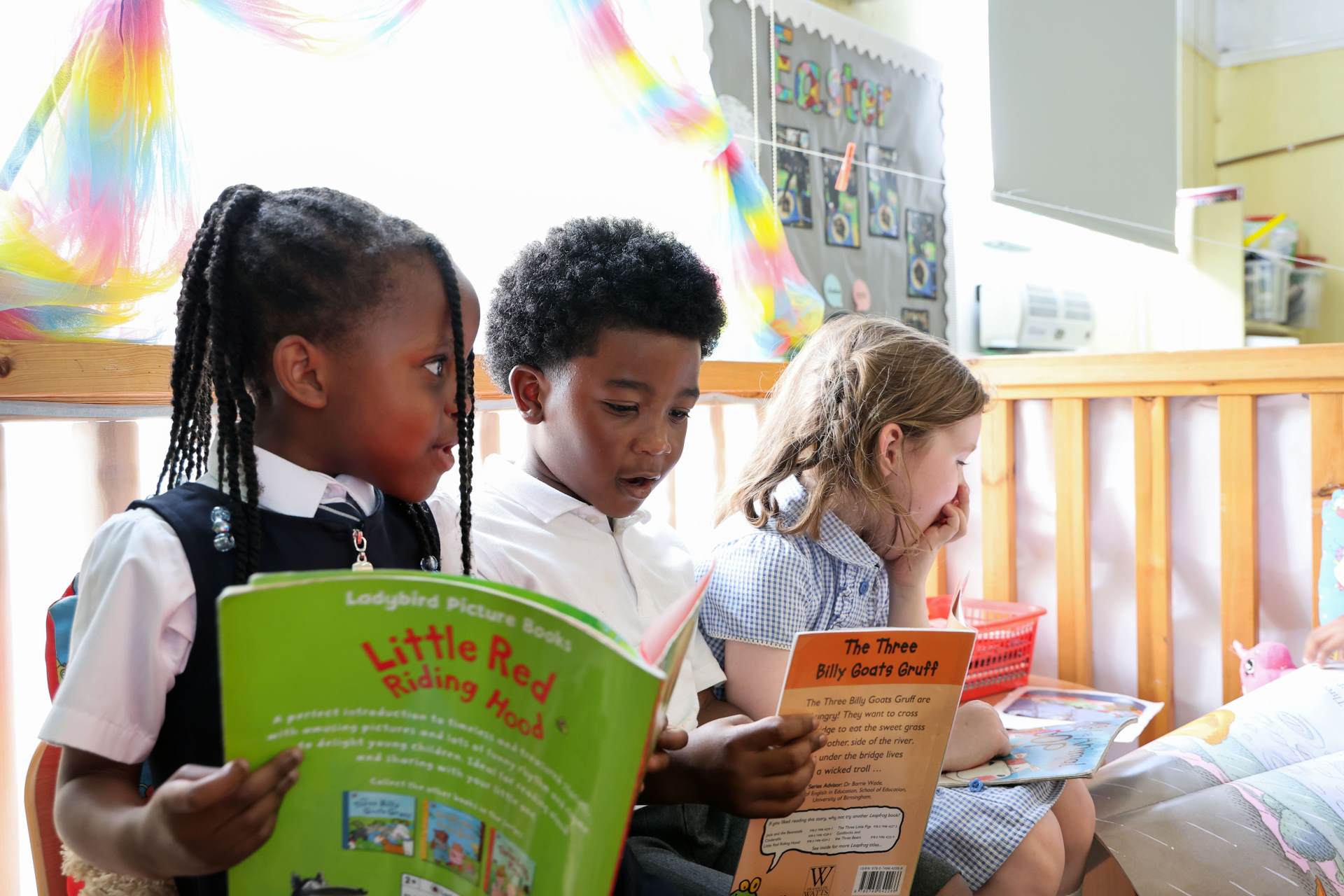
Prime Areas of Learning
The EYFS curriculum into prime and specific areas with the prime areas forming the foundation of all learning that follows.
The prime areas of learning are:-
- Personal Social and Emotional Development
- Physical Development
- Communication and Language Development
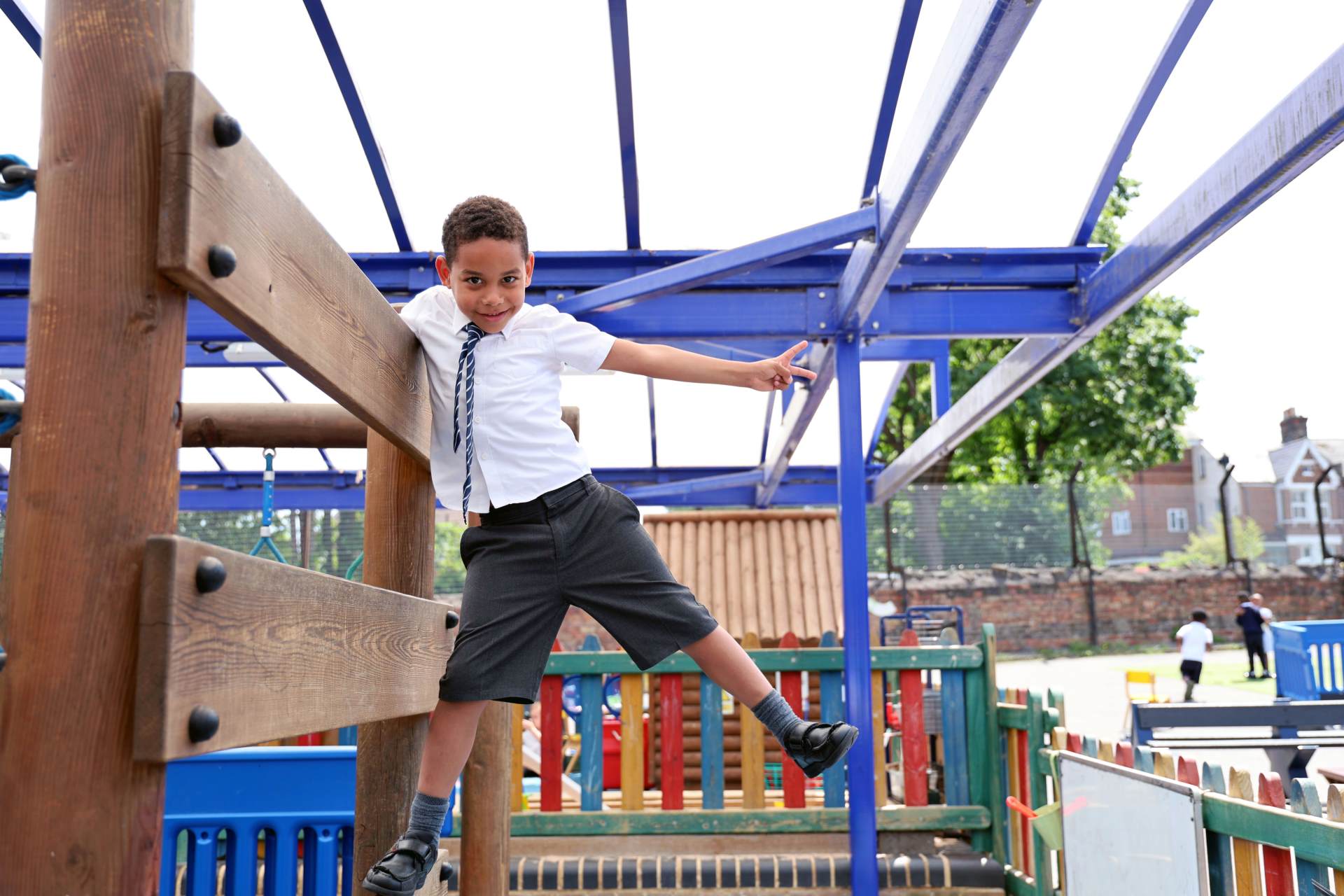
Personal Social and Emotional Development:
The activities and experiences offered in the Early Years are designed to enhance the all round development of the children and help them to make sense of the world. The children have a mixture of discrete learning time and free flow activities, with plenty of opportunities for challenge. The discrete learning time is planned from a vibrant curriculum and tailored to the needs of the child. In the free flow areas there are adult-led activities, which are linked to the development matters. Throughout their time at St Michael's, the children will learn through active and investigative play both inside and out. Through this the children explore and develop learning experiences, which they practise and build up ideas and learn how to control themselves and understand the need for rules. They have the opportunity to think creatively alongside other children as well as on their own. They communicate with others as they investigate and solve problems, making and testing predictions and they develop an understanding of and respect for the needs and emotions of others.
The children in Reception have free access to our outdoor environment for most of their session, whatever the weather. We have embraced the Swedish saying; 'There is no such thing as bad weather, just bad clothing' and encourage children and families to dress appropriately for the changeable British weather. We plan for the children's learning outside in the same way that we plan for the indoor learning experiences, drawing on the children's interests in order to really excite and motivate them.
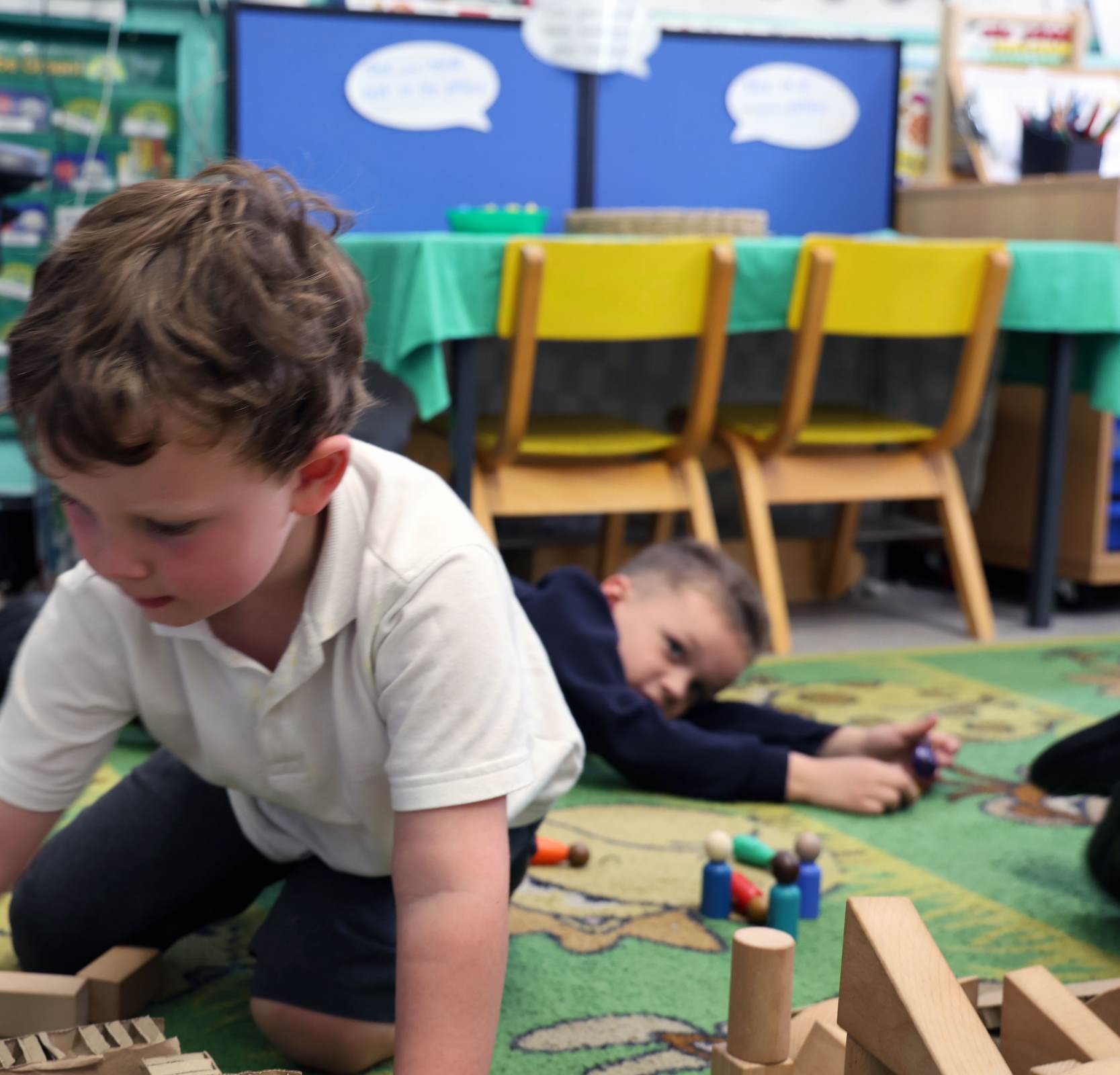
Emotional Development:
We aim to help all the children become more adaptable and confident. We want them to believe in themselves and their own abilities and to develop a growth mindset where if they can't do something, it just means they can't do it yet. We know that high self-esteem and confidence within the children is a very important key to success. We know that the relationship we build with children and parents is an essential part of this and that is why, in addition to the daily contact and communication, we also have 'Stay & Play' opportunities for parents. The induction of families into school is also managed carefully. The process includes an induction meeting at school, as well as a home visit - prior to children starting in Reception.
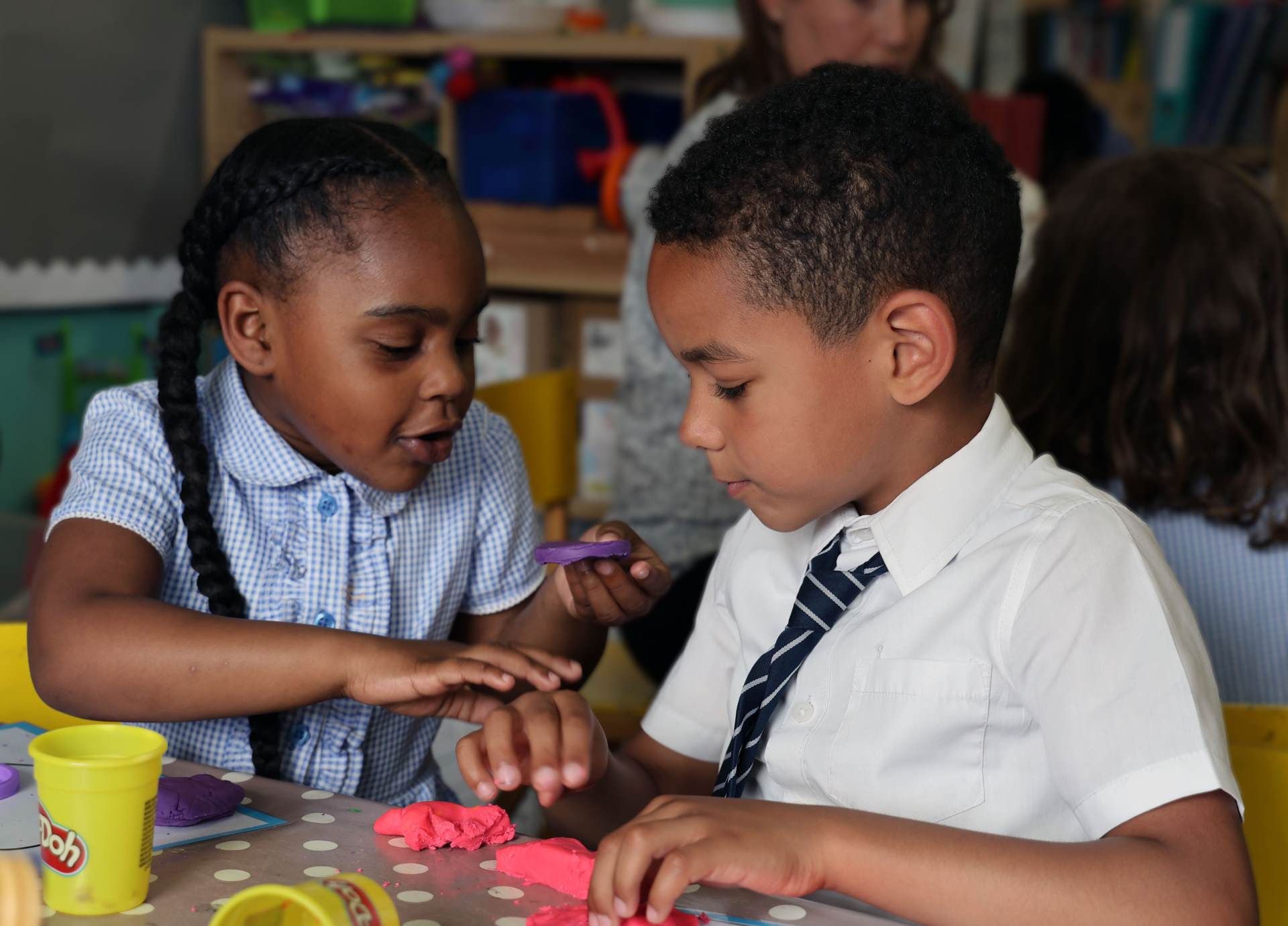
Social Development:
This is a very important area. It includes being socially aware of the needs of others, e.g. sharing and being fair, reasoning out disagreements rather than using physical measures, co-operating with others, forming relationships with other children and adults, and helping to care for God's nature. The beginnings of independence are fostered in the children, by encouraging them to cope with their own clothing, cleanliness and toileting needs. This idea of doing as much as possible by themselves encourages them to be aware of the needs of others too e.g. an older or more able child helping a younger less able child.
Another aspect of social development is that the children are encouraged to leave a piece of equipment, or an activity as they would wish to find it. They are also encouraged generally to help with the preparation and clearing away of activities, and everyone helps at tidy-up time! Children tidy with adults support!
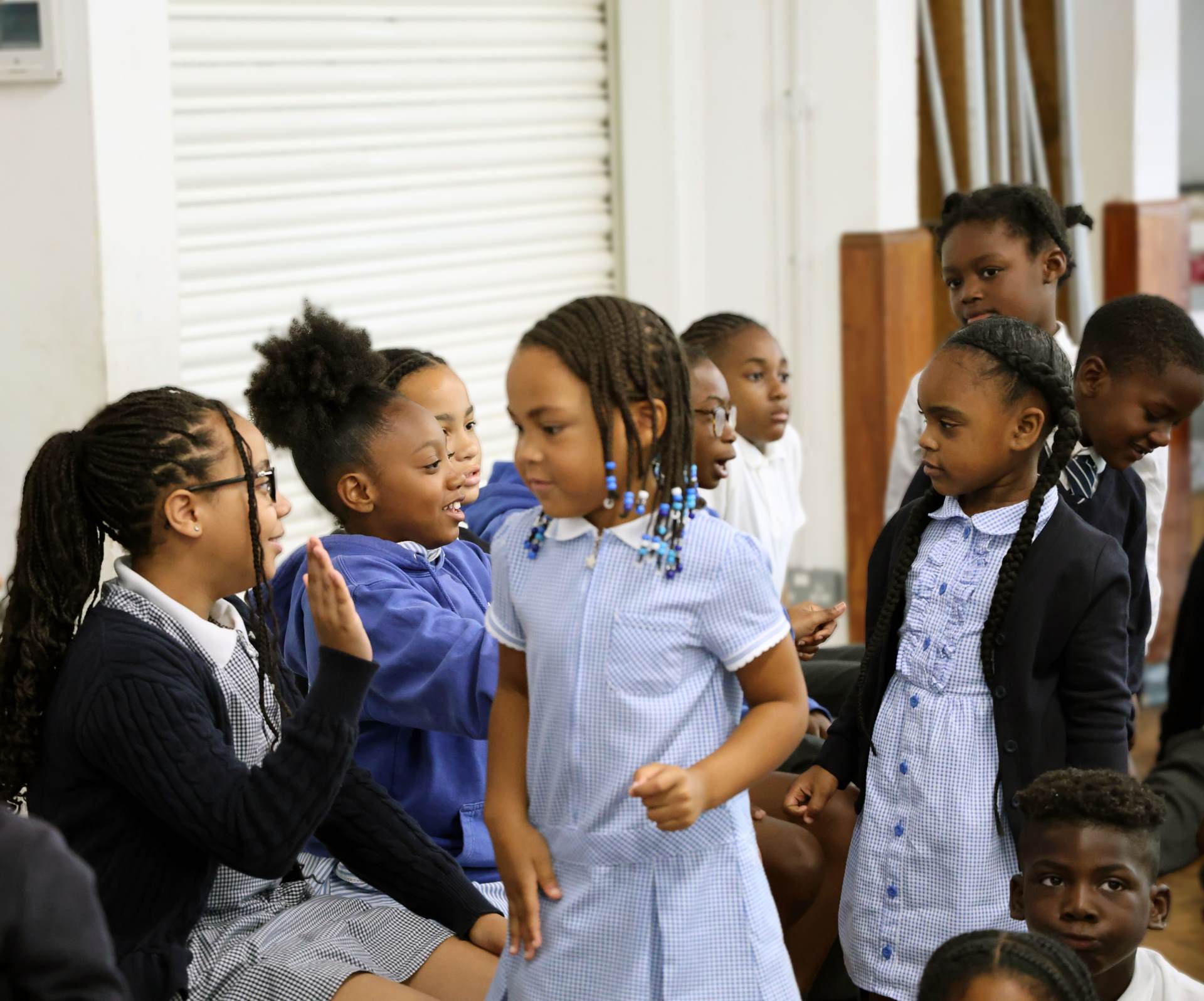
At St Michael's we are very proud of our buddy system, which plays an important role in helping the younger children to feel safe and cared for, whilst the older children feel valued and respected. At the beginning of each year, every Reception child gets paired with a Year 6 child and over the year they have many opportunities to develop that relationship, for example the Year 6 children accompany their buddies for their 'Walk a Mile'. The buddy system give children the opportunity to practise the important values of respect, valuing difference, responsibility, friendship and it contributes to the caring ethos in the school.
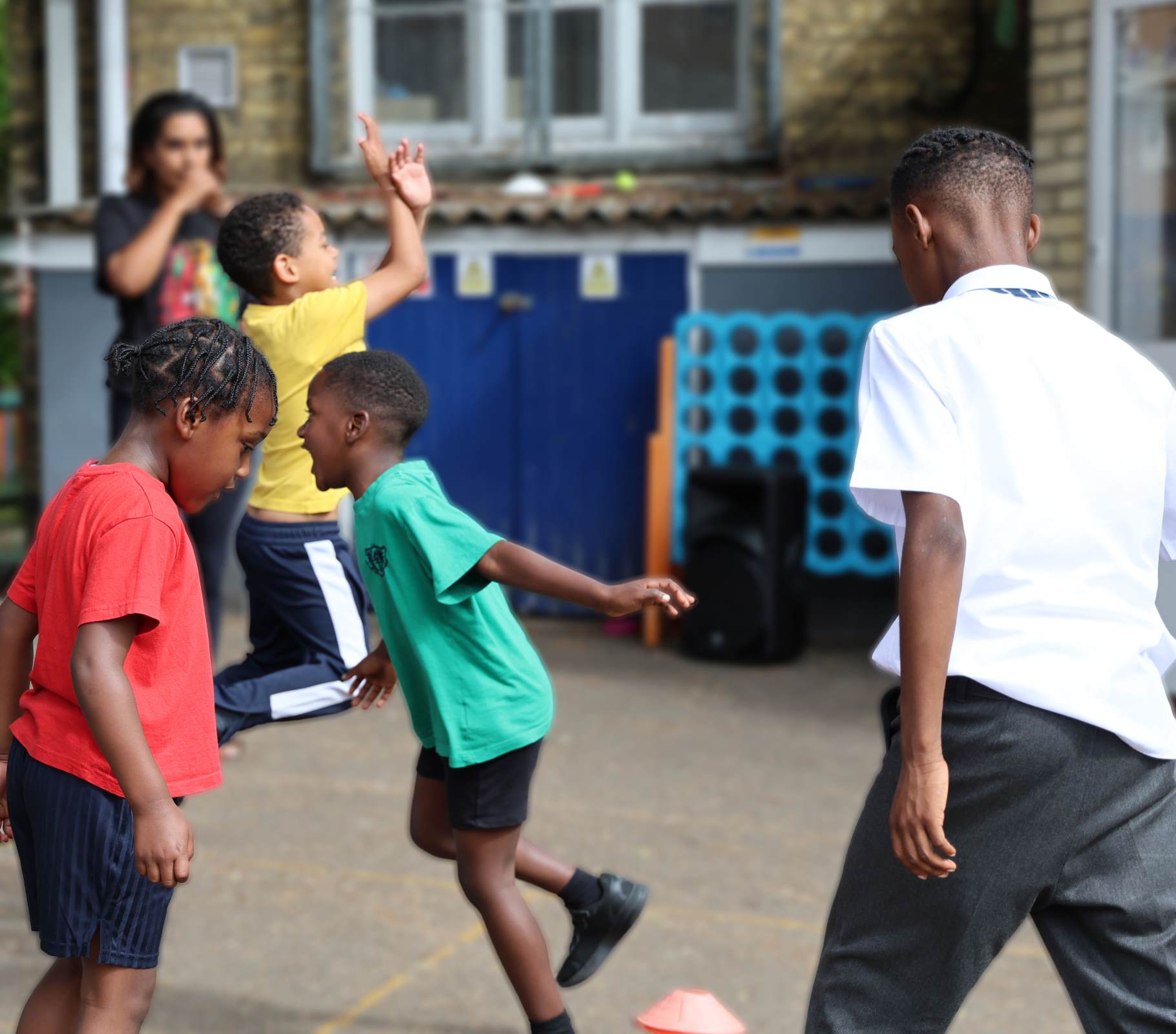
Physical Development :
This is a crucial area in the children's development, as many children learn best through physically active play. We plan activities inside and out that will develop the children's coordination, balance, control and movement. Activities that will raise their confidence and ability to take safe, manageable risks and that will help the children to feel the positive benefits of being healthy and active. Outside the children will develop confidence in climbing, balancing, running, skipping, maneuvering and steering etc. They will also develop body co-ordination and spatial awareness. The fine motor skills necessary for controlling tools and manipulating objects are developed through construction toys, cutting, threading, sewing, woodwork and cookery experiences as well as through tactile materials like dough and clay. Communication, Language and Literacy Development.
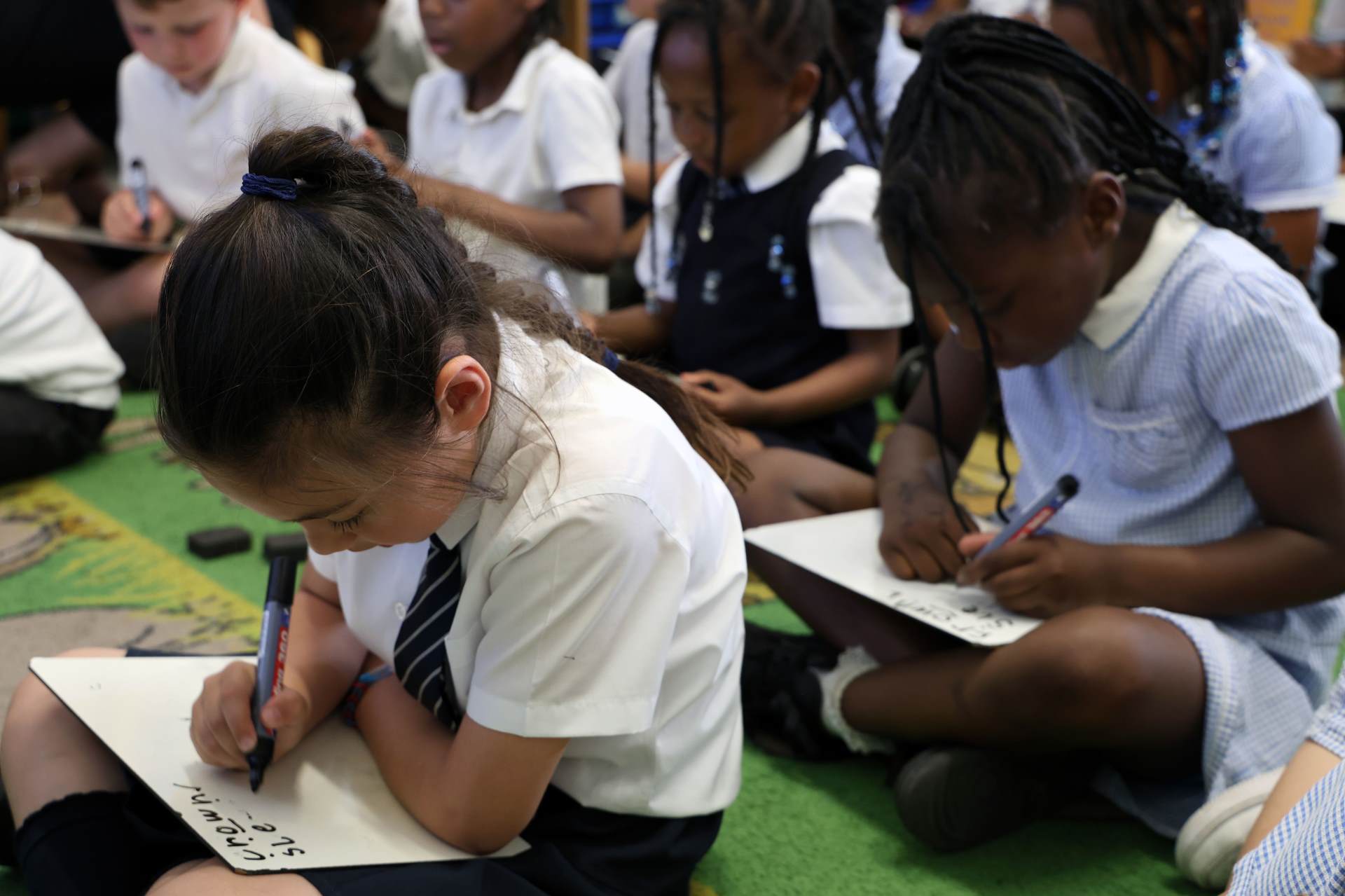
Communication, Language and Literacy:
In addition to our discreet teaching and focused activities of literacy, we plan an environment that is rich in signs, symbols, notices, numbers, words, rhymes music and songs. We also provide lots of relaxed time for sustained conversation between adults and children, both in small groups and individually. Through informal discussions, focused activities and discreet sessions such as RE and Circle Time, we ensure that children have time to initiate conversations and we respect their thinking time and silences. If children are learning English as an additional language, we respect and value this, developing the children's awareness of different languages and different scripts.
We want our children to become healthy, independent, reflective and responsible members of society, who will make a positive contribution in the wider world. Our fully planned and resourced 'Let's Talk' program develops the children's knowledge and skills which they need to manage their lives, now and in the future. The children have the opportunity to learn how to stay safe and healthy, build successful relationships and develop the attributes they need to prepare them for life and work in modern Britain.
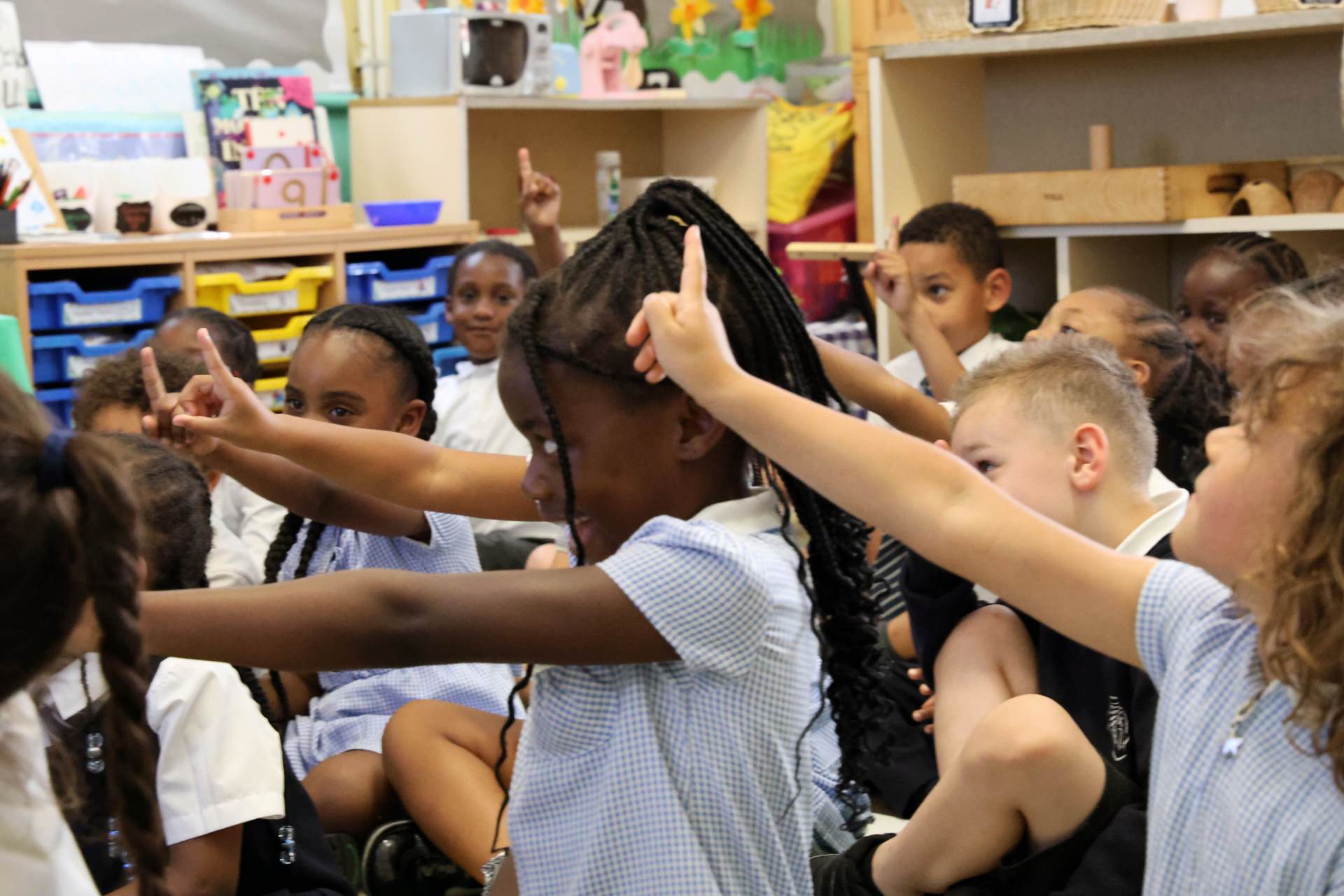
Specific areas of learning
The specific areas include essential skills and knowledge for children to participate successfully in society. They grow out of the prime areas, and provide important contexts for learning.
The specific areas are:
- Literacy
- Mathematical development
- Understanding of the World
- Expressive Arts and Design
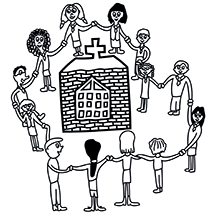 St Michael's C
of E Primary School
St Michael's C
of E Primary School